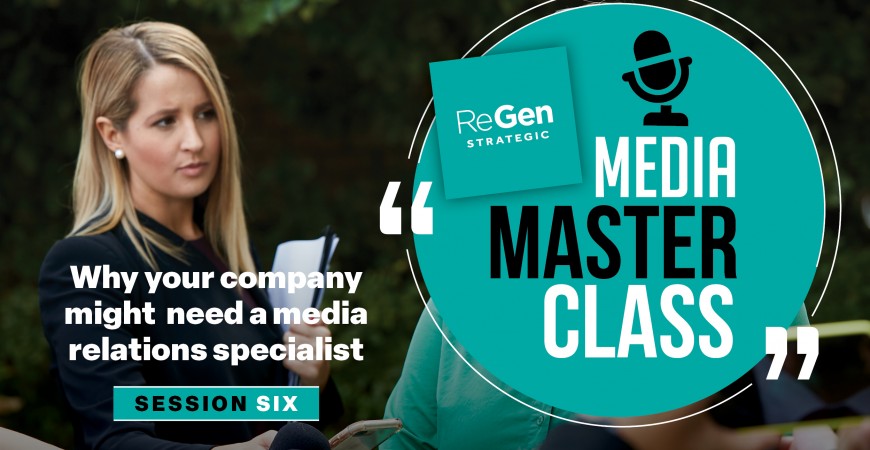The person that first said ‘all publicity is good publicity’ clearly hadn’t been through a recent PR crisis where they were absolutely panned by the media and suffered irreparable reputational damage.
While many organisations believe that getting media attention might be a good idea, if it’s not handled well, it has the potential to go horribly wrong. The rise of social media has heightened the risks, with many companies having their hashtags hijacked to complain about the company instead of praise it, but not many turning to media relations specialists at the right time.
More recently, greenwashing has become an increased risk for businesses with the Australian Competition & Consumer Commission releasing draft guidance explaining obligations businesses must comply with when making environmental and sustainability claims. The guidance provides new standards for best practice in providing clear, accurate and trustworthy information to consumers about environmental performance.
The draft guidance was released in response to an internet sweep that found 57 percent of businesses were making potentially misleading environmental claims. Greenwashing is a genuine risk to companies across all sectors. Even companies who have not actually committed greenwashing could still be publicly accused of the practice, which can still cause significant reputational damage, even if they are later exonerated.
The first question any organisation considering pursuing media needs to ask themselves is: Why? It’s not enough to simply want media, you need to know why your company wants it. There could be a variety of reasons – to highlight your company’s good work, change public perceptions about an issue, influence government policy or attract more sponsors or clients. But if the objective isn’t clear to begin with, any media engagement that follows is likely to be haphazard at best, and ultimately not achieve the results you want.
After the Why question has been clearly answered, the next question is: How? A lot of companies tend to foist the task of media relations onto their poor unsuspecting communications or marketing person, who has no experience with the media. If that’s the case, it can’t be a surprise to anyone that your company is then at best completely ignored by media and at worst suffers some PR disaster.
ReGen Strategic media relations specialists ensure that our clients take a strategic approach to media relations, outlined in a media strategy which clearly defines deliverables including objectives, target audience, key messages and media story planner. Where necessary, we also provide media training to company spokespeople to make sure they are ready to front the press.
Once the approach has been agreed, our media relations specialists work with our clients on how to implement their strategy, using our intimate knowledge of the media to give stories the best chance of getting prominent coverage. As a media relations specialist, it’s our job to be on top of everything that’s happening in the media – which journalists are working where, which radio talkback producers are behind the scenes in which programs, which journos are interested in which topics, which stations are rating what, and what their audiences want to hear.
For most companies, finding someone internally who has a deep knowledge and understanding of the media, how it works, and how to work with it effectively, is a tall order. As an Executive Producer for a major media outlet in my previous career, it often surprised me just how little many PR people actually knew about the way a newsroom operated. And it severely affected their ability to get a story up.
Unfortunately, many organisations believe that getting media attention is as simple as writing a media release and sending it to every news station they can think of. Without consideration of audiences, timing, newsworthiness and the 24-hour news cycle, they may as well be throwing a dart at a very small dartboard with their eyes closed. Writing a media release is just the first step. Putting a strategy in place for releasing it is where the real work is done, and without it, companies could quickly discover that there certainly is such a thing as bad publicity. Luckily, hiring experienced media relations specialists can help avoid these potential crises.
To work with us on a strategic approach to media relations, contact us directly.
 ReGen Strategic
ReGen Strategic